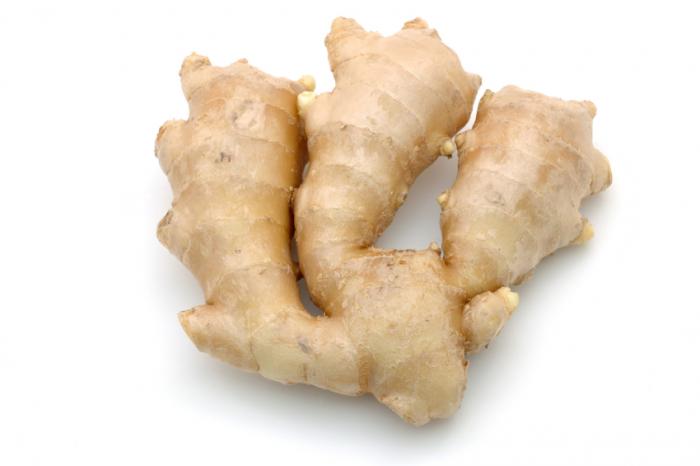Turmeric is a plant. You probably know turmeric as the main spice in curry. It has a warm, bitter taste and is frequently used to flavor or color curry powders, mustards, butters, and cheeses. But the root of turmeric is also used widely to make medicine.
Turmeric is used for arthritis, heartburn (dyspepsia), stomach pain, diarrhea, intestinal gas, stomachbloating, loss of appetite, jaundice, liver problems and gallbladderdisorders.
It is also used for headaches, bronchitis, colds, lung infections, fibromyalgia, leprosy, fever, menstrual problems, and cancer. Other uses include depression, Alzheimer’s disease, water retention, worms, and kidney problems.
Some people apply turmeric to the skin for pain, ringworm, bruising, leech bites, eyeinfections, inflammatory skin conditions, soreness inside of the mouth, and infected wounds.
In food and manufacturing, the essential oil of turmeric is used in perfumes, and its resin is used as a flavor and color component in foods.
Don’t confuse turmeric with Javanese turmeric root (Curcuma zedoaria).
Turmeric is used for arthritis, heartburn (dyspepsia), stomach pain, diarrhea, intestinal gas, stomachbloating, loss of appetite, jaundice, liver problems and gallbladderdisorders.
It is also used for headaches, bronchitis, colds, lung infections, fibromyalgia, leprosy, fever, menstrual problems, and cancer. Other uses include depression, Alzheimer’s disease, water retention, worms, and kidney problems.
Some people apply turmeric to the skin for pain, ringworm, bruising, leech bites, eyeinfections, inflammatory skin conditions, soreness inside of the mouth, and infected wounds.
In food and manufacturing, the essential oil of turmeric is used in perfumes, and its resin is used as a flavor and color component in foods.
Don’t confuse turmeric with Javanese turmeric root (Curcuma zedoaria).
How does it work?
The chemicals in turmeric might decrease swelling (inflammation).
Consuming fruits and vegetables of all kinds has long been associated with a reduced risk of many lifestyle-related health conditions. Many studies have suggested that increasing consumption of plant foods like ginger decreases the risk of obesity, diabetes, heart disease and overall mortality while promoting a healthy complexion and hair, increased energy and overall lower weight.

Ginger has been used for its medicinal properties for centuries.
Digestive issues
The phenolic compounds in ginger are known to help relieve gastrointestinal irritation, stimulate saliva and bile production and suppress gastric contractions and movement of food and fluids through the GI tract.
Chewing raw ginger or drinking ginger tea is a common home remedy for nausea during cancer treatment. Pregnant women experiencing morning sickness can safely use ginger to relieve nausea and vomiting, often in the form of ginger lozenges or candies.
Pain reduction
A study involving 74 volunteers carried out at the University of Georgia found that daily ginger supplementation reduced exercise-induced muscle pain by 25%.
Ginger has also been found to reduce the symptoms of dysmenorrhea (severe pain during a menstrual cycle). In one study, 83% of women taking ginger capsules reported improvements in pain symptoms compared to 47% of those on placebo.
Inflammation
Ginger has been used for centuries to reduce inflammation and treat inflammatory conditions.
A study published in Cancer Prevention Research journal found that a ginger root supplement administered to volunteer participants reduced inflammation markers in the colon within a month. Researchers on the study explained that by decreasing inflammation, the risk of colon cancer is also likely to decrease. Ginger has also shown promise in clinical trials for treating inflammation associated with osteoarthritis

Comments
Post a Comment